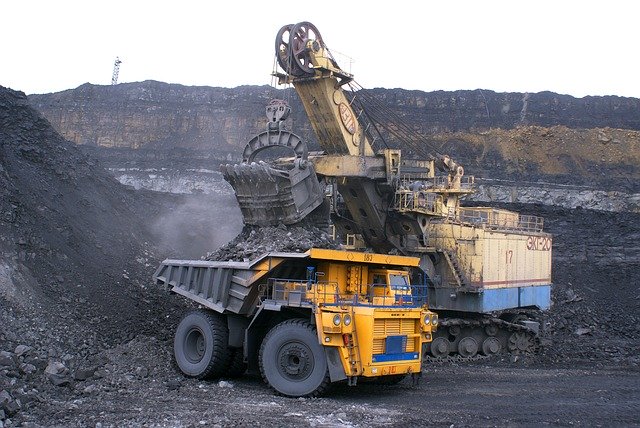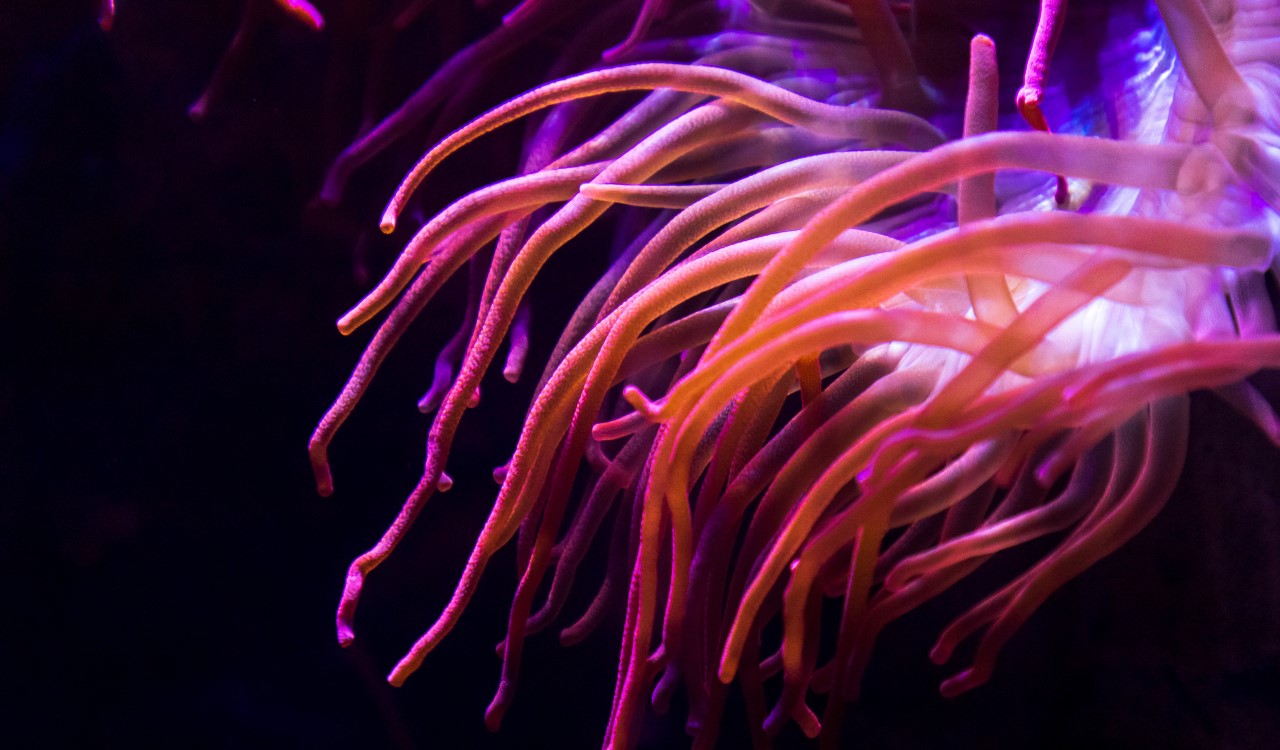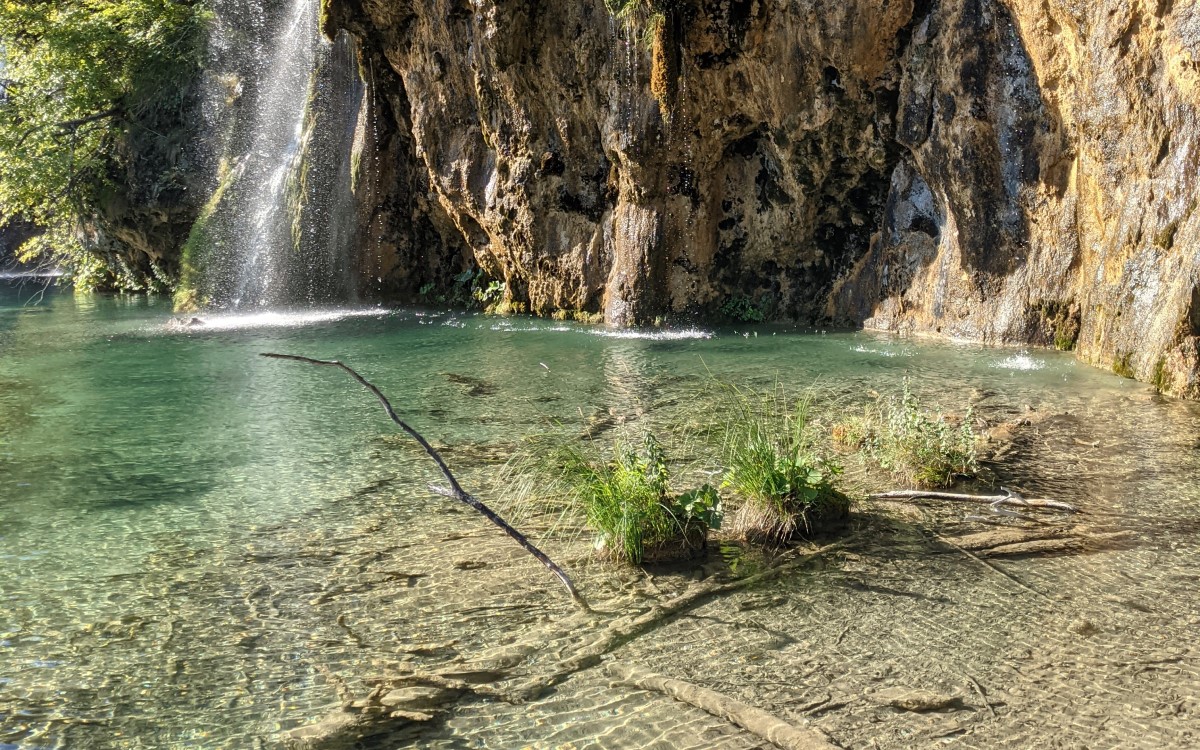The workshop was the third of the German-Brazilian series "Water and Regional Development" and was hosted by the German National Academy of Sciences Leopoldina and the Centre for Water and Environmental Research in Essen (ZWU).
Mining: essential and damaging at the same time
Mining above and below ground is crucial for the supply of important raw materials to industry worldwide. At the same time, however, it has negative impacts, such as serious and long-term interventions in landscapes and natural water systems, acute dangers for people and, in some cases, considerable environmental pollution.
Mining activities and serious accidents such as the breach of the Brumadinho dam in Brazil in January 2019 and the accident in Nachterstedt in 2009, in which three people died after parts of a settlement slipped into a flooded opencast mine, show a need for action. The prevention of mining catastrophes and their socio-economic and ecological consequences requires a paradigm shift in the structures and processes of the mining industry.
The workshop
The aim of the workshop was to develop possibilities of sustainable and environmentally friendly water management in regions with active mining as well as in former mining regions in an international and interdisciplinary context.
The participants identified four overarching fields of action for mining:
- Adopting of a landscape-scale and water management perspective;
- Mandatory funding of independent research centers by the mining industry and mandatory collaboration between mining companies and Scientific Advisory Boards (SAB);
- Establishment of international standards and transparency of knowledge management;
- Proactive development of contingency plans and failure mitigation efforts.
The 32-page report, which is available for download here, describes the individual measures to be taken behind these fields of action.




